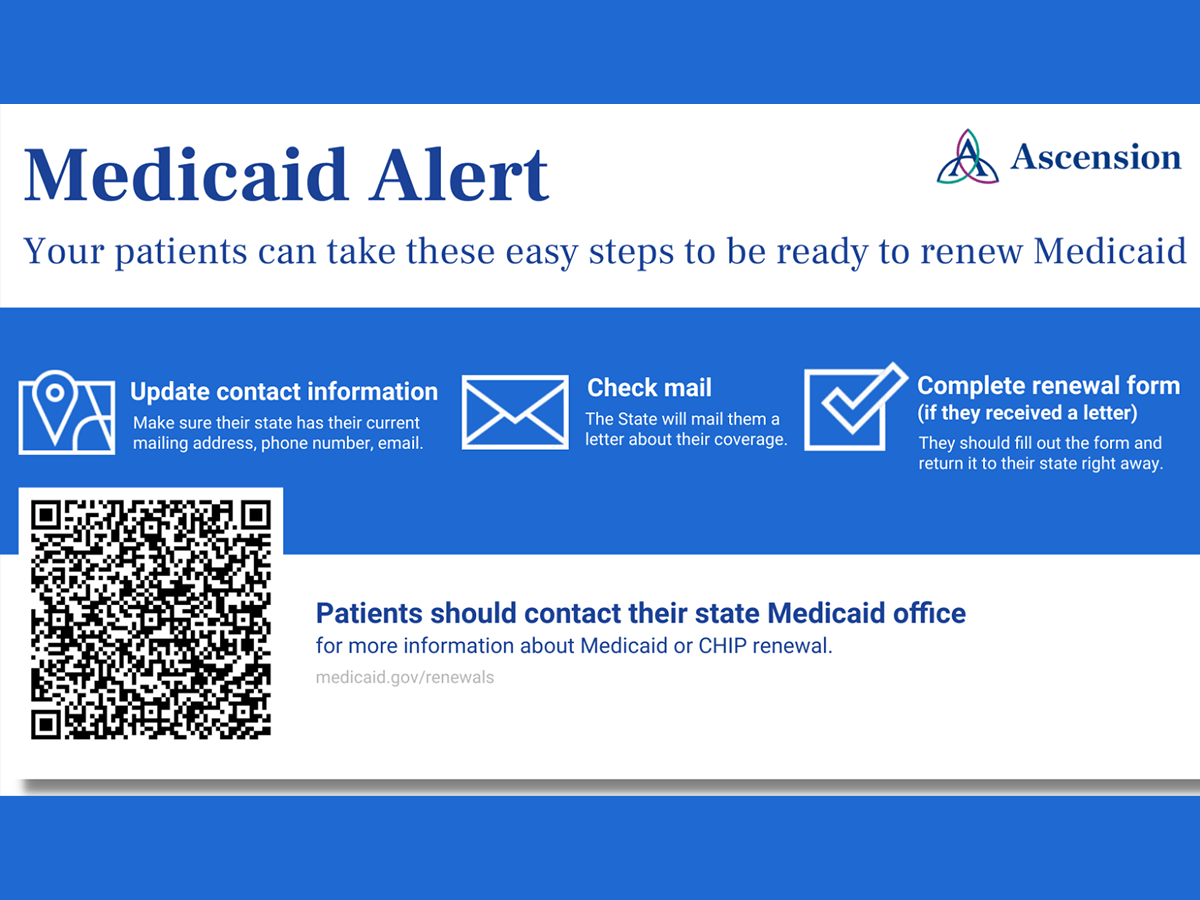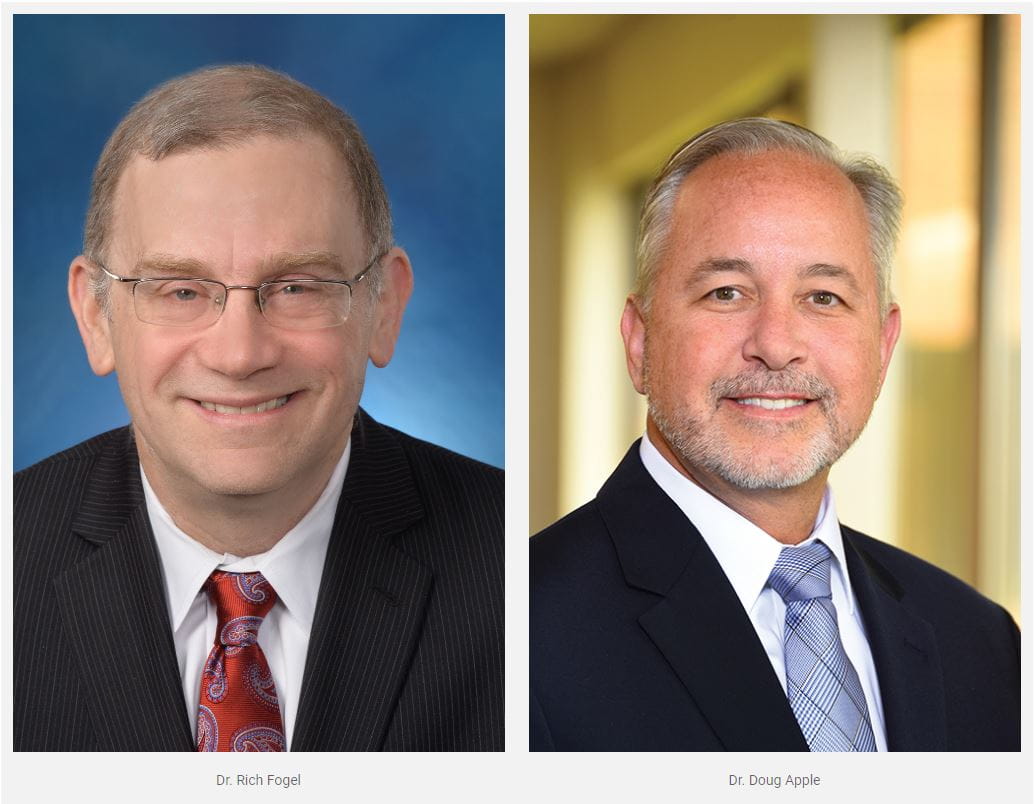A new report by the American Hospital Association identifies an urgent need to provide a path forward for preservation of essential healthcare services—including local primary care, psychiatric and substance abuse treatment as well as emergency services—in vulnerable rural and urban communities.
In a commentary in Modern Healthcare, two leaders of U.S. healthcare – Robert J. Henkel FACHE, Executive Vice President, Ascension, and President and Chief Executive Officer, Ascension Healthcare; and Rick Pollack, President and CEO, American Hospital Association – discuss recommendations from the 29-member “Ensuring Access in Vulnerable Communities” task force, chaired by Bob, which spent more than a year researching and talking with communities across the country to identify ways hospitals can partner with community leaders to meet the challenges of today and tomorrow.
“Clearly, although there are some similarities, the needs of a rural hospital in North Dakota and an inner-city hospital in Baltimore differ,” they write. “Therefore, after much study, our task force identified nine emerging strategies. We believe each is a viable option for preserving essential health services that foster good health and for giving every hospital—regardless of how you define the “H”—to serve as an access point, or anchor of service, in their communities.”
The “Ensuring Access in Vulnerable Communities” report presents ways hospitals can adjust to meet community needs. For example, one strategy would bridge the gap between clinical care and community services to address social determinants of health such as housing instability, food insecurity, lack of transportation or lack of family and social support. Another would require the creation of a new emergency medical center designation that allows communities to maintain access to emergency services without having to maintain a full inpatient hospital.
“Hospitals can use the report and the real-world case examples it includes as a guide while taking into account the specific challenges, needs and support structures available in their communities,” the leaders write. “From here, our goal is to provide the hospital field with tools so communities can determine what constitutes essential healthcare services for their area. …
“Every health leader must have candid discussions with patients, employees and communities regarding the changes in healthcare – how these changes affect patients and the local area. As hospital leaders we must be transparent about the challenges we face, how our organizations are adapting, and while perhaps unfamiliar, the benefits such change can bring our communities.”



